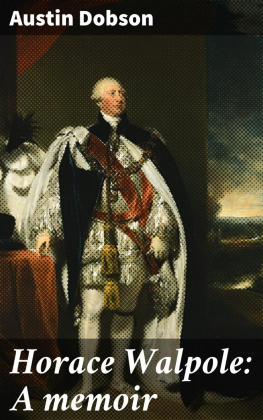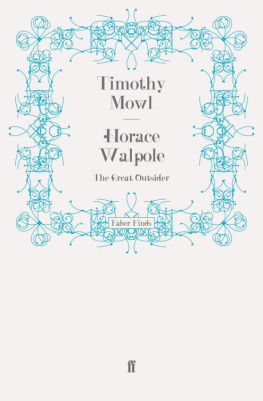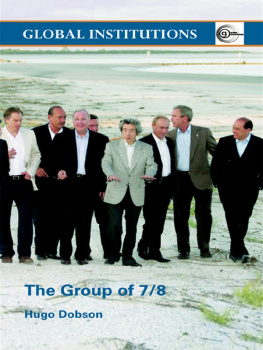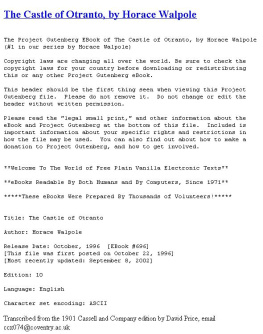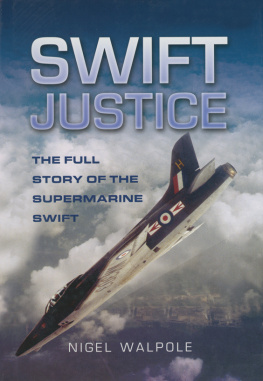CHAPTER I.
Table of Contents
The Walpoles of Houghton.Horace Walpole born, 24 September, 1717.Lady Louisa Stuart's Story.Scattered Facts of his Boyhood.Minor Anecdotes.'La belle Jennings.'The Bugles.Interview with George I. before his Death.Portrait at this time.Goes to Eton, 26 April, 1727.His Studies and Schoolfellows.The 'Triumvirate,' the 'Quadruple Alliance.'Entered at Lincoln's Inn, 27 May, 1731.Leaves Eton, September, 1734.Goes to King's College, Cambridge, 11 March, 1735.His University Studies.Letters from Cambridge.Verses in the Gratulatio.Verses in Memory of Henry VI.Death of Lady Walpole, 20 August, 1737.
The Walpoles of Houghton, in Norfolk, ten miles from King's Lynn, were an ancient family, tracing their pedigree to a certain Reginald de Walpole who was living in the time of William the Conqueror. Under Henry II. there was a Sir Henry de Walpol of Houton and Walpol; and thenceforward an orderly procession of Henrys and Edwards and Johns (all or Horace, born, as he himself tells us, on the 24th September, 1717, O. S., is the subject of this memoir.
With the birth of Horace Walpole is connected a scandal so industriously repeated by his later biographers that (although it has other hand, there is no indication that any suspicion of his parentage ever crossed the mind of Horace Walpole himself. His devotion to his mother was one of the most consistent traits in a character made up of many contradictions; and although between the frail and fastidious virtuoso and the boisterous, fox-hunting Prime Minister there could have been but little sympathy, the son seems nevertheless to have sedulously maintained a filial reverence for his father, of whose enemies and detractors he remained, until his dying day, the implacable foe. Moreover, it must be remembered that, admirable as are Lady Louisa Stuart's recollections, in speaking of Horace Walpole she is speaking of one whose caustic pen and satiric tongue had never spared the reputation of the vivacious lady whose granddaughter she was.
With this reference to what can be, at best, but an insoluble question, we may return to the story of Walpole's earlier years. Of his childhood little is known beyond what he has himself told in the Short Notes of my Life which he drew up for the use of Mr. Berry, the nominal editor of his works.
Another of the few events of his boyhood which he records, illustrates the old proverb that 'One half of the world knows not how the Walpole is made to say that his introducer was his father, and that the King took him up in his arms and kissed him. Walpole's own written account is the more probable one. His audience must have been one of the last the King granted, for, as already stated, it was almost on the eve of his departure; and ten days later, when his chariot clattered swiftly into the courtyard of his brother's palace at Osnabruck, he lay dead in his seat, and the reign of his successor had begun.
Although Walpole gives us a description of George I., he does not, of course, supply us with any portrait of himself. But in Mr. Peter Whatever this may be held to prove, it certainly proves that he was not the blockhead he declares himself to have been.
Among his schoolmates he made many friends. For his cousins, Henry (afterwards Marshal) Conway and Lord Hertford, Conway's elder brother, he formed an attachment which lasted through life, and many of his best letters were written to these relatives. Other associates were the later lyrist, Charles Hanbury Williams, and the famous wit, George Augustus Selwyn, both of whom, if the child be father to the man, must be supposed to have had unusual attractions for their equally witty schoolmate. Another contemporary at school, to whom, in after life, he addressed many letters, was William Cole, subsequently to develop into a laborious antiquary, and probably already exhibiting proclivities towards 'tall copies' and black letter. But his chiefest friends, no doubt, were grouped in the two bodies christened respectively the 'triumvirate' and the 'quadruple alliance.'
Of these the 'triumvirate' was the less important. It consisted of Walpole and the two sons of Brigadier-General Edward Montagu. George, the elder, afterwards M.P. for Northampton, and the recipient of some of the most genuine specimens of his friend's correspondence, is described in advanced age as 'a gentleman-like body of the vieille cour,' usually attended by a younger brother, who was still a midshipman at the mature age of sixty, and whose chief occupation consisted in carrying about his elder's snuff-box. Charles Montagu, the remaining member of the 'triumvirate,' became a Lieut.-General and Knight of the Bath. But it was George, who had 'a fine sense of humour, and much curious information,' who was Walpole's favourite. 'Dear George,'he writes to him from Cambridge'were not the playing fields at Eton food for all manner of flights? No old maid's gown, though it had been tormented into all the fashions from King James to King George, ever underwent so many transformations as those poor plains have in my idea. At first I was contented with tending a visionary flock, and sighing some pastoral name to the echo of the cascade under the bridge. How happy The description seems to indicate a schoolboy of a rather refined and effeminate type, who would probably fare ill with robuster spirits. But Walpole's social position doubtless preserved him from the persecution which that variety generally experiences at the handsliterally the handsof the tyrants of the playground.
The same delicacy of organisation seems to have been a main connecting link in the second or 'quadruple alliance' already referred toan alliance, it may be, less intrinsically intimate, but more obviously cultivated. The most important figure in this quartet was a boy as frail and delicate as Walpole himself, 'with a broad, pale brow, sharp nose and chin, large eyes, and a pert expression,' who was afterwards to become famous as the author of one of the most popular poems in the language, the Elegy written in a Country Church Yard. Thomas Gray was at this time about thirteen, and consequently somewhat older than his schoolmate. Another member of the association was Richard West, also slightly older, a grandson of the Bishop Burnet who wrote the History of My Own Time, and son of the Lord Chancellor of Ireland. West, a slim, thoughtful lad, was the most precocious genius of the party, already making verses in Latin and English, and making them even in his sleep. The fourth member was Thomas Ashton, afterwards Fellow of Eton College and Rector of St. Botolph, Bishopsgate. Such was the group which may be pictured sauntering arm in arm through the Eton meadows, or threading the avenue which is still known as the 'Poet's Walk.' Each of the four had his nickname, either conferred by himself or by his schoolmates. Ashton, for example, was Plato; Gray was Orosmades.
On 27 May, 1731, Walpole was entered at Lincoln's Inn, his father intending him for the law. 'But'he says in the Short Notes'I never went thither, not caring for the profession.' On 23 September, 1734, he left Eton for good, and no further particulars of his school-days remain. That they were not without their pleasant memories may, however, be inferred from the letters already quoted, and especially from one to George Montagu written some time afterwards upon the occasion of a visit to the once familiar scenes. It is dated from the Christopher Inn, a famous old hostelry, well known to Eton boys'The Christopher. How great I used to think anybody just landed at the Christopher! But here are no boys for me to send for; there I am, like Noah, just returned into his old world again, with all sorts of queer feels about me. By the way, the clock strikes the old cracked sound; I recollect so much, and remember so little; and want to play about; and am so afraid of my playfellows; and am ready to shirk Ashton; and can't help


